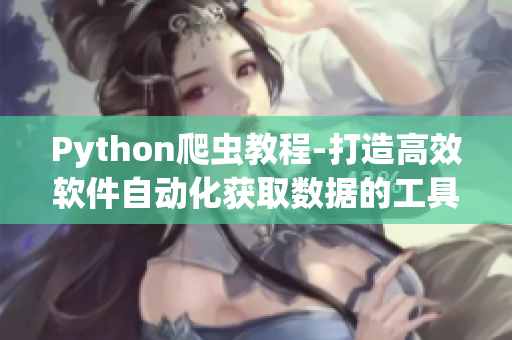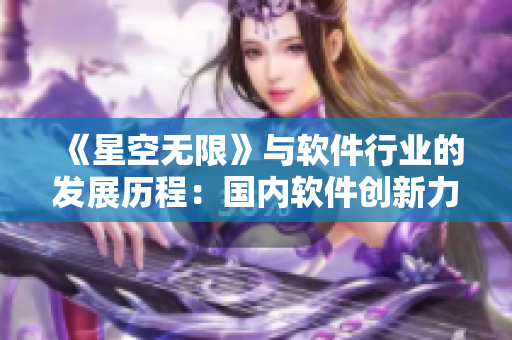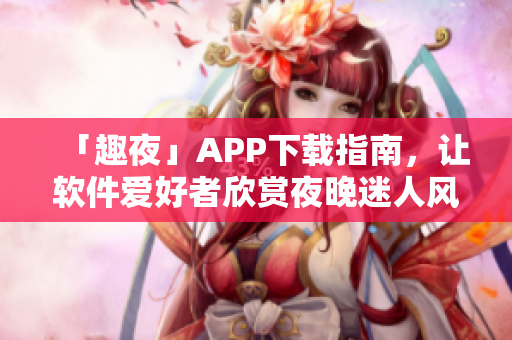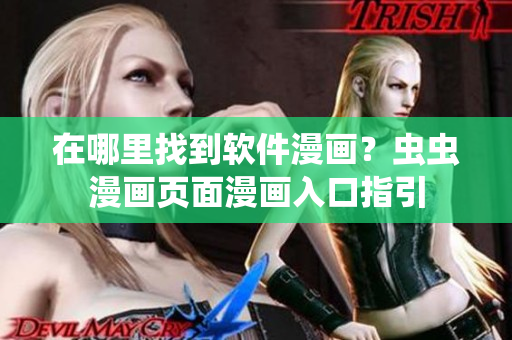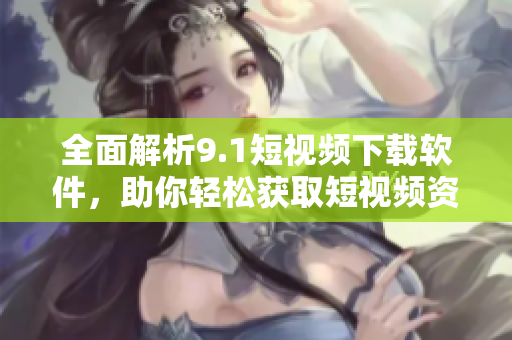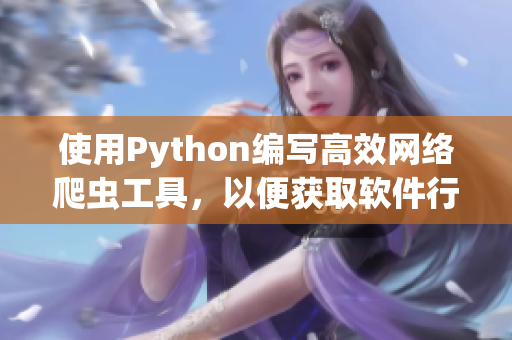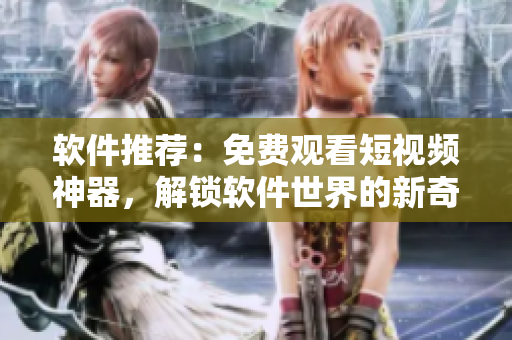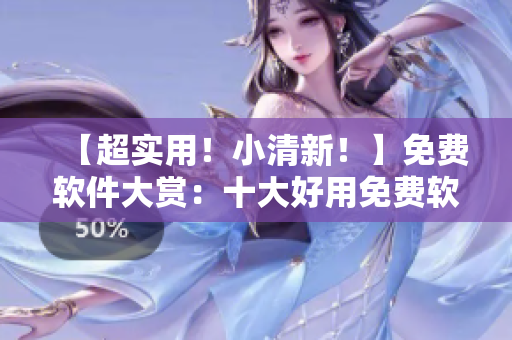Public Sun Li - Tears Flowing, Red Face, Biting Iron Balls
Public Sun Li is a character from a popular Chinese mobile game "Honour of Kings". She is known for her unique gameplay mechanics and distinct visual design. One of her most iconic moves is the ability to cry tears that deal significant damage to her enemies. This move is often accompanied by a red face and the character biting down on iron balls to channel her emotions.
Country's Wealth - Second Generation Pencil
The term "second-generation" is often used in China to describe children who were born into wealthy families. These individuals are often perceived as privileged and entitled due to their family's financial status. The "Country's Wealth - Second Generation Pencil" is a term that has emerged in recent years to describe this demographic. It is used to mock or criticize their perceived lack of talent or accomplishment.
Exquisite Japanese Nissan NV in Second and Third Tier Cities
Nissan NV is a popular commercial vehicle produced by the Japanese automaker Nissan. It is often used for transportation and delivery purposes. The "exquisite" Japanese Nissan NV is a tongue-in-cheek description used to describe the irony of a high-end vehicle being used in second and third-tier cities, which are generally less affluent and developed than first-tier cities like Beijing and Shanghai.
Nationalized MAX3232
MAX3232 is a type of integrated circuit that is widely used in electronic devices for communication purposes. The "nationalized" MAX3232 refers to a Chinese-made version of the chip that is produced domestically, rather than being imported from other countries. This is in line with the Chinese government's push for increased self-sufficiency and reduced reliance on foreign technology and products.
Pressing the English Class Representative on the Desk to Copy
This phrase is a direct translation of a Chinese slang term used to describe cheating on exams. It refers to the act of physically pressing or holding down the English class representative on a desk in order to copy their answers. This practice is frowned upon and considered unethical, but remains prevalent among Chinese students due to the intense pressure to perform well academically.
In conclusion, the phrases and terms mentioned above offer a unique glimpse into the contemporary Chinese culture and society. They reflect the country's fast-paced economic development, shifting societal norms, and challenges faced by its youth. While some may appear humorous or trivial on the surface, they reveal deeper insights into the country's values, aspirations, and struggles.


